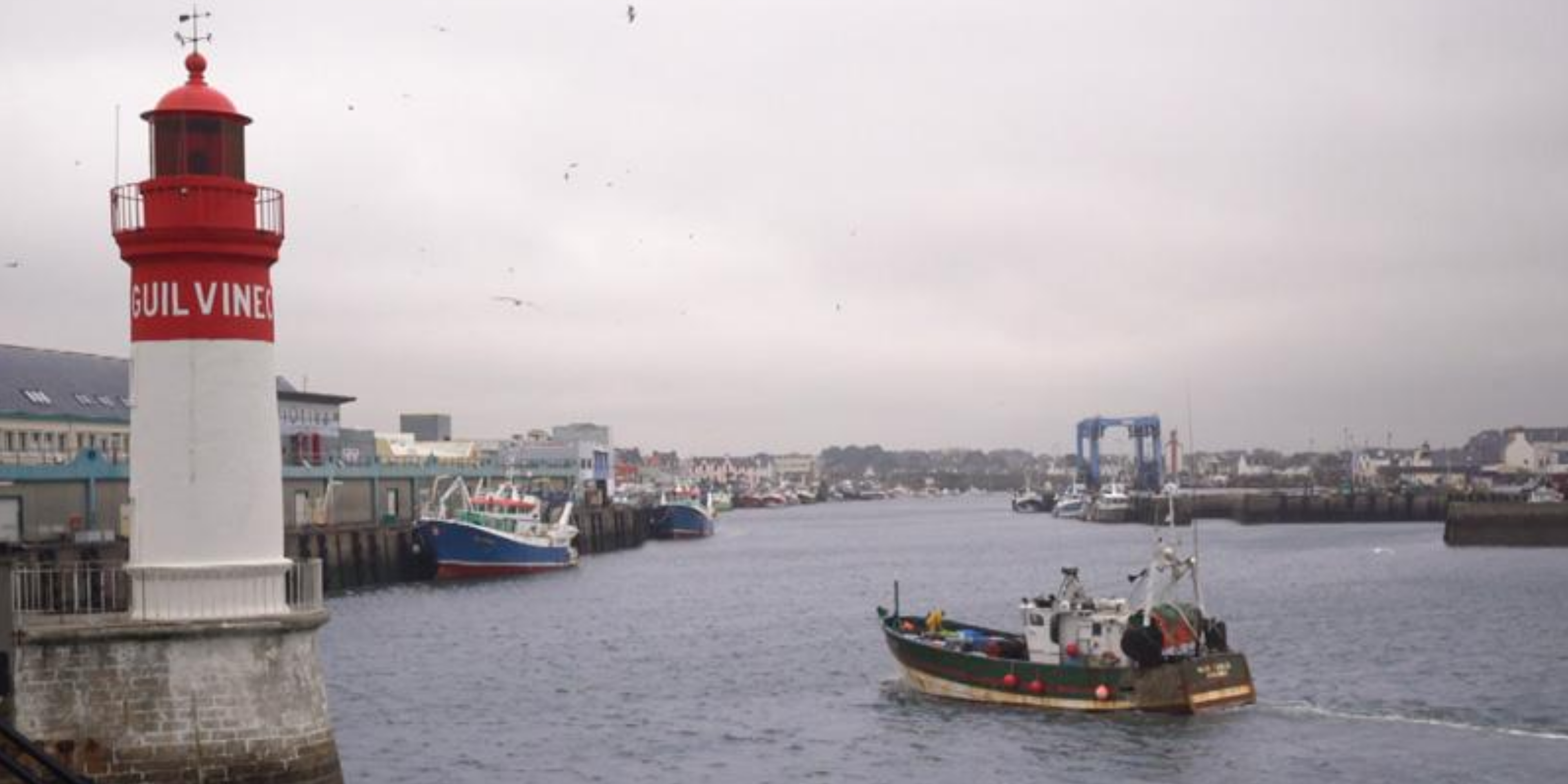Following the adoption of the Partnership Agreement 2021-2027 with France, the Commission has adopted the European Maritime, Fisheries and Aquaculture Fund (EMFAF) Programme for France, to implement the EU common fisheries policy (CFP) and EU policy priorities outlined in the European Green Deal, Farm to Fork and Biodiversity strategies.
The EU contribution for the French Programme Fisheries 2021-2027 accounts for €567.1 million, and with national funding its total financial allocation reaches €793.3 million for the new programming period. The Fund will support the fishing and aquaculture sectors in France by facilitating the green and digital transition, adapting the product offer in line with the expectations of consumers, sustain small-scale coastal fishing, improving resilience, and boost innovation.
More concretely, the programme will support, among others: restructuring and modernisation of the fishing fleet; the implementation of the landing obligation; improved selectivity of fishing gears; and improved knowledge and management of Marine Protected Areas. It will reinforce resilience of the fisheries, aquaculture and processing sectors by helping them face climate change effects and by mitigating the impact of recent crises.
EMFAF supports competitive and innovative fisheries and aquaculture
The programme is built upon three “ambitions”, adapted to the diversity of situations in the Atlantic and Mediterranean sea basins as well as in the outermost regions:
- Support the fisheries and aquaculture sectors towards better environmental, economic and social performance;
- Establish sustainable conditions for the harmonious deployment of maritime and coastal activities;
- Effective implementation of the EMFAF programme through the renewal of the partnership between the State and the regions
Main expected outcomes for 2021-2027
The programme will contribute to improve knowledge on the state of the fishery resource and fishing activity including in outermost regions: EMFAF support will notably go to IFREMER, which will be in charge of carrying out observations on fishing effort overseas.
In the framework of the Biodiversity strategy for 2030, the EMFAF will be used for actions aimed at improving the knowledge and management of Marine Protected Areas. Addressing the objectives of the “farm to fork” strategy and in line with the new guidelines for the sustainable development of EU aquaculture, the programme supports the implementation of the national multiannual aquaculture plan.
Positive impacts on coastal communities are expected through the implementation of local development strategies focusing on the greening of fishing ports.
Specific actions are foreseen to support investments in circular economy and decarbonisation. There is a focus on innovation as a cross-sector priority also in the framework of the digital transition, with about 6% of the programme budget devoted to innovative projects.
In general, the programme will reinforce resilience of the fisheries, aquaculture and processing sectors by helping companies facing climate change and health events as well as mitigating the impact of crises, like the pandemic, and the post-Brexit fall-out. Support is foreseen to increase the ability of companies to invest, recruit and train. Attention is also provided to address the goal of upgrading health and hygiene conditions in fisheries and aquaculture and to guarantee safe working conditions.
Background
The EMFAF runs from 2021 to 2027 and supports the EU common fisheries policy (CFP), the EU maritime policy and the EU agenda for international ocean governance. The fund helps achieve sustainable fisheries and conserve marine biological resources.
Article 8 of the EMFAF Regulation (EU) 2021/1139 requires Member States to produce a national implementation programme for the EMFAF. This operational programme focuses on EU priorities, laying down the strategy and investment priorities, including the indicative annual financial allocation for each priority. The programme is subject to approval by the European Commission.
Source: European Commission I Oceans and fisheries (https://bit.ly/3yDNRbG)
